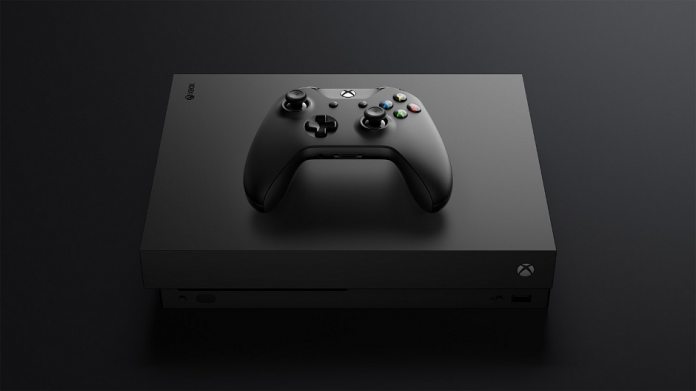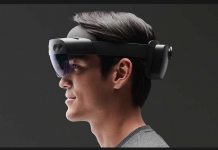Sure, Microsoft is all in on virtual and mixed reality for Windows 10, but on Xbox One the company has done little. All the while, Sony has debuted PlayStation VR and is building a platform. Microsoft has previously said its Windows Mixed Reality platform and related OEM devices would eventually come to Xbox One and the Xbox One X. That was supposed to happen this year, per the company’s own roadmap. Now it seems Microsoft is putting those plans on the backburner. Chief Marketing Officer Mike Nichols spoke to GamesIndustry.biz this week and said now mixed reality plans will happen with Xbox One: “We don’t have any plans specific to Xbox consoles in virtual reality or mixed reality. Our perspective on it has been and continues to be that the PC is probably the best platform for more immersive VR and MR. As an open platform, it just allows faster, more rapid iteration. There are plenty of companies investing in it in the hardware side and the content side, or some combination therein. Obviously on phones, augmented reality is a good scenario as well that’s going to grow. But as it relates to Xbox, no. Our focus is primarily on experiences you would play on your TV, and ultimately we’d like to make those experiences more broadly.” I’ll get to why this decision may make sense for Microsoft in the long term. However, it is definitely worth mentioning that Microsoft is in a good position to bring mixed reality to Xbox One. The company is certainly at a better starting point than Sony when it embraced virtual reality. Through Windows Mixed Reality, Microsoft already has a platform in place. Additionally, devices from the likes of Lenovo, Asus, Acer, Dell, and Samsung are already available. Of course, the company also has its own HoloLens, which will ship to consumers in 2019 as the HoloLens 2.
Next Generation
Despite this, it seems Microsoft is looking beyond Xbox One when making this decision. Earlier this month I talked about the company’s Project Scarlett, an Xbox console that will serve as the successor to the Xbox One. The 9th generation of home consoles is now close and Microsoft will reportedly launch Scarlett (just a codename for now) in 2020. In that report, I argued that the new console landing so soon after the Xbox One X may cause issues for Microsoft in terms of differentiating the products. Xbox One X is the most powerful console ever, would it be an enticing selling point to merely say Scarlett is a bit more powerful? Probably not, and certainly not enough to push some customers who paid $500 for Xbox One X in 2017. However, introducing a fleshed out mixed reality platform within Xbox Scarlett would really be a big selling point. More than just an integration, Microsoft could sell the new console as a true mixed reality device. It seems the company is waiting to drop significant MR plans on Xbox, and perhaps its for that differentiator.




